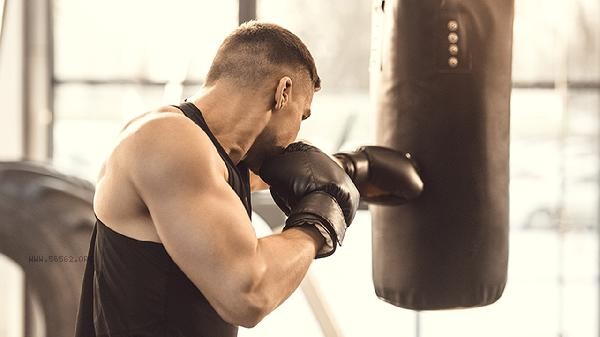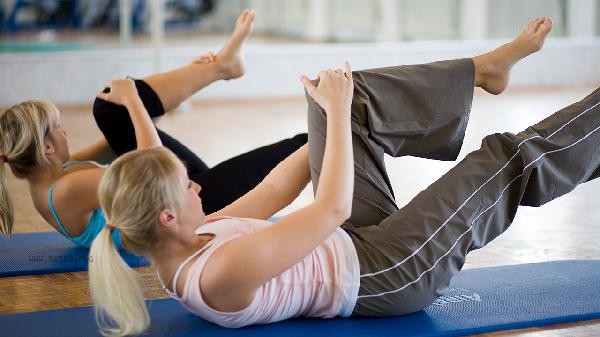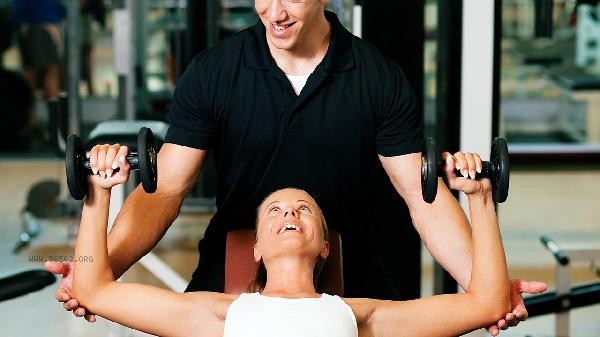Drinking plain water or diluted salt water at room temperature is most suitable for fitness, as it can replenish water and electrolytes. Sports hydration should consider osmotic pressure balance, electrolyte loss, and gastrointestinal tolerance. There are mainly five choices: plain water, diluted salt water, low sugar sports drinks, coconut water, and lemon water.

1. Pure boiled water
Pure boiled water is the first choice for basic hydration, without additives and with high absorption efficiency. It is recommended to supplement 100-150 milliliters every 15 minutes during exercise, and the water temperature should be between 20-30 ℃ to avoid stimulating the gastrointestinal tract with ice water. Long term low-intensity training is preferred, but it should be noted that simple hydration cannot replenish electrolytes.
2. Dilute Saltwater
For medium to high-intensity training lasting more than 1 hour, 0.3 grams of salt can be added to 500 milliliters of water to make homemade diluted salt water. Sodium ions can help maintain extracellular fluid osmotic pressure and prevent muscle spasms. Hypertension patients need to control their salt intake, and it is recommended to consult a doctor to adjust the concentration.
3. Low sugar sports drink
Isotonic sports drinks containing 4-8% carbohydrates are suitable for endurance training, and the ratio of glucose and sodium potassium can quickly provide energy. Pay attention to the ingredient list when choosing, and avoid products containing caffeine or artificial sweeteners. People who exercise for no more than 60 minutes at a time do not need to drink, and the first two types are preferred for regular aerobic exercise.

4. Coconut water
Natural coconut water contains minerals such as potassium and magnesium, with an osmotic pressure close to body fluids, making it suitable for drinking after low impact exercises such as yoga. Choose pure coconut water without added sugar and drink it as soon as possible after opening to avoid spoilage. Individuals with renal dysfunction should control their intake to prevent excessive blood potassium.
5. Lemon water
Fresh lemon juice mixed with water can supplement vitamin C and potassium elements, with a refreshing taste that promotes drinking desire. Add half a lemon juice per liter of water, as excessive acidic substances may corrode tooth enamel. Suitable for mild morning training or drinking 30 minutes before exercise to avoid acid reflux during exercise.

Fitness hydration should follow the principle of small amounts and multiple times. Drink 400-500 milliliters of water 2 hours before exercise, replenish 100-200 milliliters every 15-20 minutes during exercise, and replenish the lost amount in installments within 2 hours after exercise. Avoid drinking large amounts of water at once to increase the burden on the heart, and increase the frequency of fluid replacement in high humidity environments. For individuals with special physical conditions or those who engage in extreme sports, it is recommended to develop a personalized hydration plan under the guidance of a nutritionist, while monitoring urine color to determine moisture status. Light yellow is the ideal hydration indicator.







Comments (0)
Leave a Comment
No comments yet
Be the first to share your thoughts!